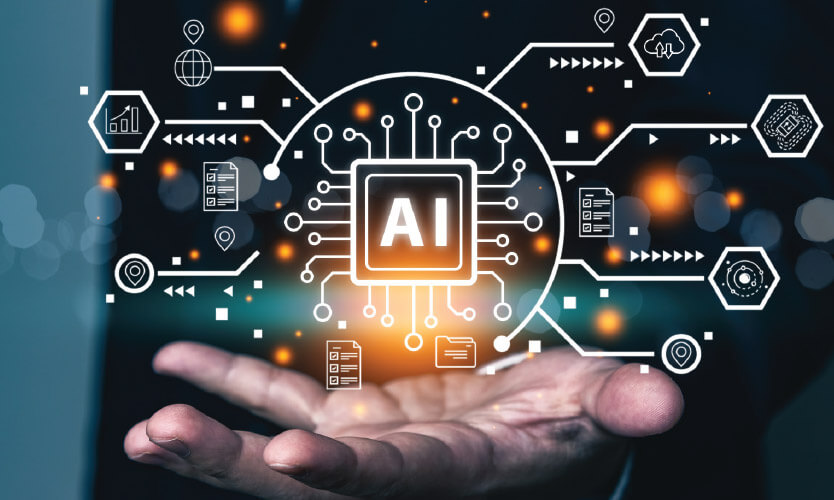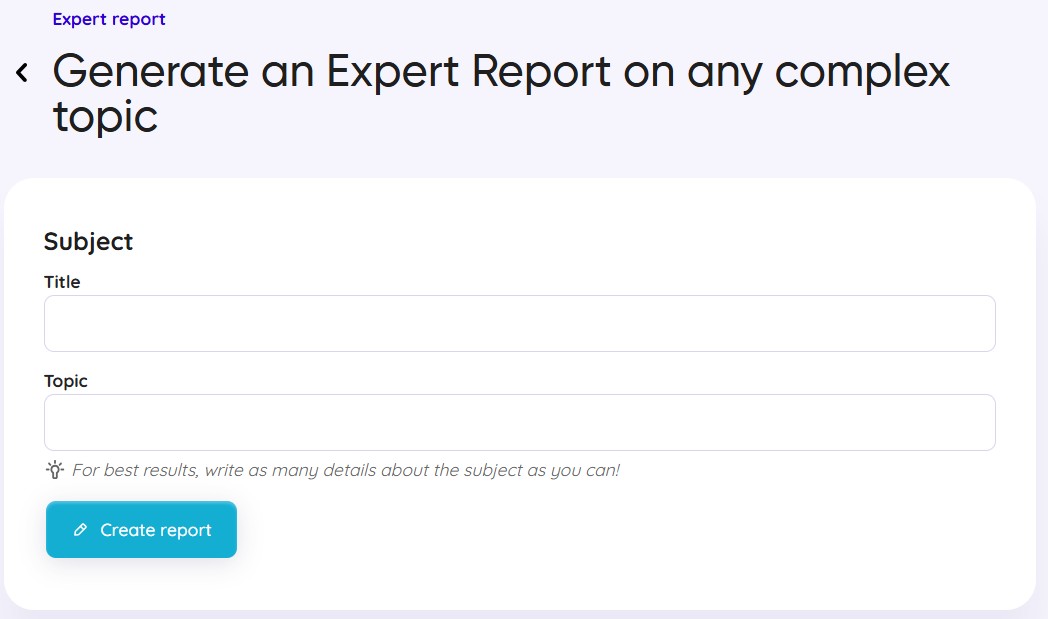How can AI tools help speed up web research and data collection tasks ?

Extracting high-value insights from vast data sources is increasingly challenging. Traditional research and AI information gathering methods often require manual processing, leading to inefficiencies and errors. AI-powered research solutions streamline these tasks, enabling AI-driven search, intelligent summarization, and real-time analysis.
Machine learning and natural language processing (NLP) power AI search tools that identify patterns, clean raw data, and enhance decision-making. These technologies reduce time spent on repetitive tasks, allowing researchers to focus on strategic analysis rather than manual aggregation.
As businesses and researchers look for more efficient ways to handle information, AI for data collection is proving to be a game-changer. From automated content retrieval to advanced analytics, AI-driven tools significantly enhance accuracy and processing speed.
How AI enhances research workflows ?
AI revolutionizes data acquisition, processing, and interpretation. It automates complex tasks, enabling researchers to extract relevant information faster and with greater precision.
Optimizing research strategies
AI refines data exploration by identifying reliable sources and eliminating redundant content. It enhances query formulation, ensuring context-aware search results.
NLP models assess data credibility, filtering outdated or low-quality sources. They generate research summaries, condensing extensive documents into concise, structured insights.
AI tools also automate survey creation, suggesting optimized questionnaires based on previous studies. They refine sample selection, ensuring representative datasets.
Automating data collection
AI-powered web scrapers extract structured and unstructured data efficiently. These tools bypass irrelevant content, capturing only high-priority insights.
Computer vision aids in image-based data extraction, identifying key elements in visual datasets. Automated sentiment analysis deciphers tone and intent in textual responses.
Through API integrations, AI aggregates real-time data from multiple sources, providing continuous updates on emerging trends.
Try Wiseone for free with a 7-day pro trial
no credit card required
Analyzing and structuring data
AI facilitates data preprocessing, anomaly detection, and categorization, enhancing the reliability of research findings.
Automated transcription and summarization
Speech-to-text models generate time-stamped transcriptions, improving accessibility. AI-driven summarization extracts key arguments, eliminating the need for manual review.
Context-aware NLP refines information hierarchy, ensuring critical insights remain prominent. AI-generated abstracts provide quick overviews of complex research materials.
Data cleansing and standardization
AI detects redundancies, missing values, and inconsistencies, ensuring data integrity. It applies automated normalization techniques, aligning datasets for comparative analysis.
Semantic data processing classifies qualitative inputs, organizing responses into logical categories. Machine learning models cluster related datasets, improving information retrieval efficiency.
Statistical modeling and predictive analytics
AI accelerates quantitative research, performing advanced statistical analysis on extensive datasets. Predictive models forecast behavioral trends, enhancing market research and strategic planning.
Deep learning algorithms identify correlations and causality, distinguishing statistical noise from meaningful insights. Automated anomaly detection flags inconsistencies, preventing misinterpretations.

For example, an AI report generator can help you save time in creating an expert report.
Join the Wiseone community
They’re talking about us on social media.
Enhancing research documentation
AI automates content synthesis, visualization, and formatting, ensuring research outputs remain structured and actionable.
Intelligent content generation
AI refines report structuring, suggesting logical segmentations based on dataset properties. Automated insights highlight key research outcomes, ensuring clarity.
AI-generated visualizations transform raw data into charts and graphs, enhancing readability. NLP-based text optimization ensures concise, professional documentation.
Fact-checking and validation
AI cross-references findings with verified sources, ensuring research credibility. It flags inconsistencies in citations, preventing misinformation.
Automated plagiarism detection ensures compliance with academic and industry standards, reinforcing data authenticity.
Key AI technologies in research acceleration
AI research tools rely on machine learning, NLP, and automated data extraction to streamline workflows.
- Deep learning-based NLP: Improves context recognition and semantic search.
- Automated web scraping: Extracts highly relevant, structured data.
- Real-time visualization tools: Converts complex datasets into actionable insights.
Benefits of AI-powered research tools
AI-driven platforms enhance efficiency, accuracy, and data scalability, providing researchers with a competitive edge.
- Increased speed: Reduces time spent on manual research and data aggregation.
- Enhanced precision: AI eliminates human errors and inconsistencies.
- Deeper insights: Identifies hidden patterns and emerging trends.
Leading AI tools for research and data collection
AI tools are transforming research, offering solutions for data extraction, analysis, and synthesis. Here are the top tools:
Web Scrapers
Browse AI: No-code tool for extracting and monitoring website data.
Octoparse: Handles complex, dynamic websites for structured data retrieval.
Data Platforms
Google Cloud Dataflow: Streamlines batch and real-time data processing.
AWS Data Pipeline: Automates data movement and transformation.
AI Research Assistants
Elicit: Automates literature reviews and extracts key insights.
Paper Digest: Summarizes research papers for quick understanding.
Sentiment Analysis
MonkeyLearn: Analyzes text data for emotional tone.
Brandwatch: Tracks brand sentiment and public opinion.
Data Visualization
Tableau: Creates interactive charts and dashboards.
Power BI: Builds dynamic visualizations from multiple data sources.
AI-Powered Surveys
SurveyMonkey Genius: Optimizes survey design and predicts response quality.
Qualtrics XM: Combines survey design with advanced analytics.
Machine Learning Platforms
– Google Vertex AI: Builds and deploys custom AI models.
– H2O.ai: Simplifies machine learning for non-experts.
AI applications across industries
AI research tools provide value across various sectors, optimizing data-driven decision-making.
- Market research & competitive analysis: AI forecasts consumer behavior and industry trends.
- Academic research: AI classifies scientific publications, accelerating literature reviews.
- Social media monitoring: AI tracks public sentiment and brand perception.